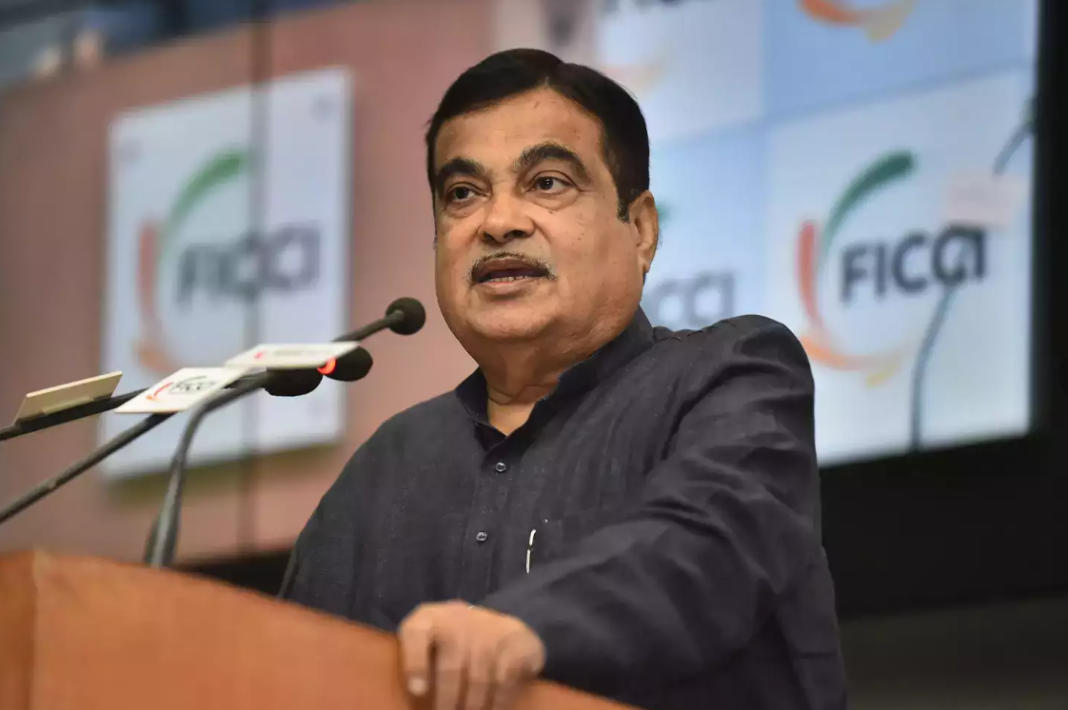India Diesel Car Transition: The Indian automobile industry, known for its dynamism and adaptability, is standing at a crossroads. Union Transport Minister Nitin Gadkari’s recent remarks at the 63rd Annual SIAM convention in New Delhi have sent ripples across the industry. His message was crystal clear: Indian carmakers should either decrease their reliance on diesel vehicles or brace themselves for more stringent tax measures.
In a country where automotive trends evolve rapidly and manufacturers vie for the attention of a vast and diverse consumer base, diesel vehicles have historically enjoyed substantial popularity. The allure of better mileage combined with robust engine performance made diesel variants an attractive choice for many. However, with the global shift towards environmental sustainability and cleaner fuels, this dominance of diesel is now under scrutiny.
Highlighting the potential repercussions of continued diesel production, Mr. Gadkari cautioned manufacturers. He stated, “Say goodbye to diesel… Please stop making them, otherwise we will just increase the tax so much that it would become difficult to sell diesel cars.” While initial reports hinted at a staggering 10% GST increase for diesel vehicles, the minister was quick to offer a clarification. He assured stakeholders that no concrete proposal for such a dramatic hike was presently underway.
Yet, his words ring with a deeper resonance. Beyond just taxation, Mr. Gadkari’s sentiments underscore the Indian government’s broader commitment to environmental goals, particularly the ambitious Carbon Net Zero target set for 2070. The present scenario sees vehicles attracting a 28% GST, with an added cess depending on the vehicle type. For instance, SUVs, a popular choice among Indian consumers, bear the brunt of this taxation with a 28% GST plus a 22% cess.
However, numbers tell a promising story. The dominance of diesel cars has seen a dip from 53% in 2014 to a mere 18% now. This decline, as Mr. Gadkari pointed out, is indeed a “good sign”. But beyond statistics, there lies the pressing concern of air pollution, a menace that major Indian cities grapple with annually. Diesel, categorized as a “hazardous fuel” by experts, contributes significantly to this pollution crisis. Its extensive utilization has also tethered India to fuel imports, affecting the nation’s economic resilience.
Addressing the automobile giants, the minister’s message was reformative. He emphasized the urgency to reorient manufacturing practices, placing the spotlight on environment-friendly fuels like ethanol and green hydrogen. Such a shift is not merely a trend but a necessity in the global push towards sustainable transportation. Electric vehicles (EVs), once considered a distant dream for India, are now gradually finding their way onto Indian roads, promising cleaner air and reduced carbon footprints.
The industry’s shift is already palpable. Leading car manufacturers like Maruti Suzuki and Honda have set the tone by halting the production of diesel passenger vehicles. This decision, while strategic, also points to an evolving consumer mindset that is becoming increasingly conscious of environmental well-being.
In conclusion, the Union Transport Minister’s statements, while stark, pave the way for a future that India aspires to – one of clean air, sustainable practices, and reduced carbon emissions. As manufacturers, stakeholders, and consumers, the onus is on everyone to champion this cause and steer the Indian automobile industry towards a greener tomorrow.































